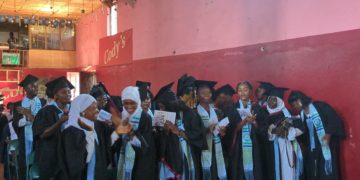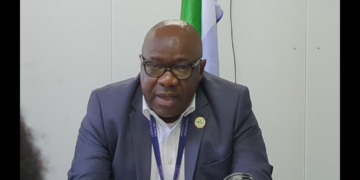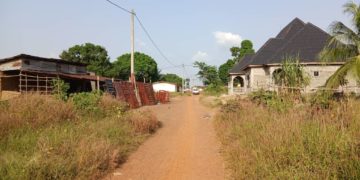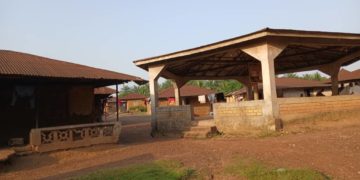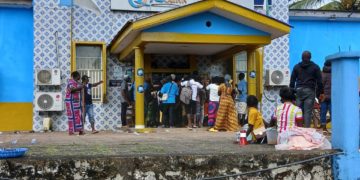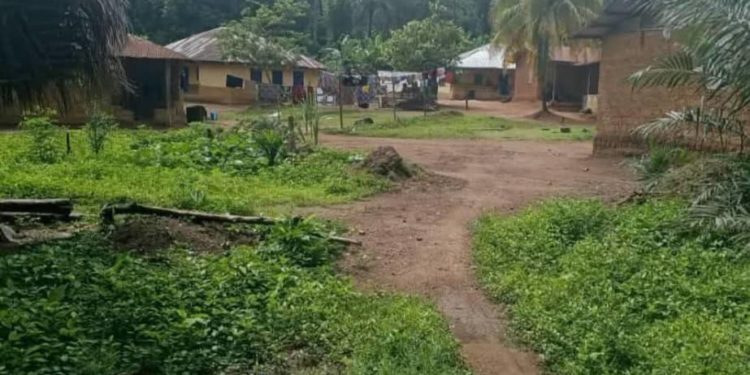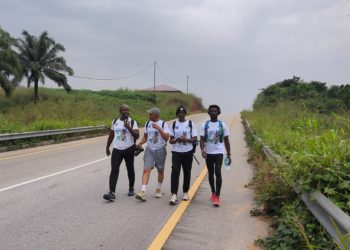By Brima Sannoh
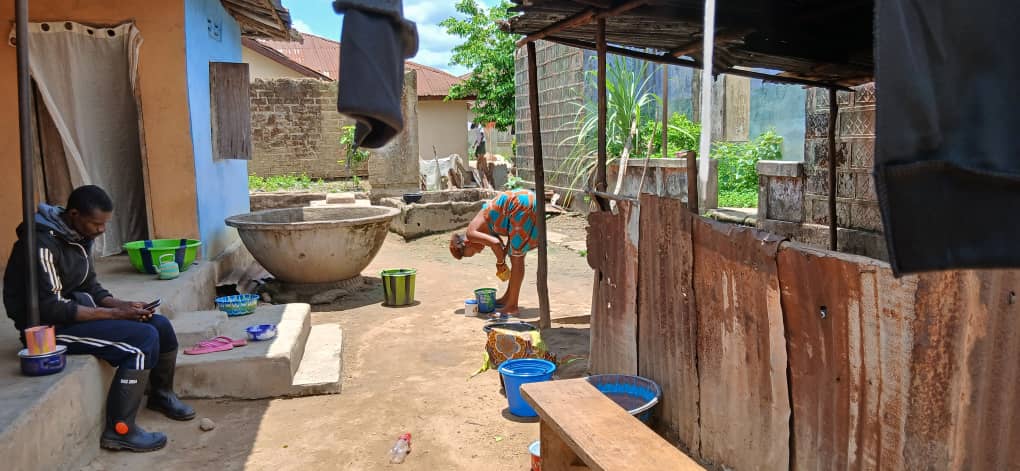
Under the dappled shade of a mango tree in Falaba village, young children barefoot and in tattered clothing kick around a makeshift football, their laughter masking the hardship that defines their everyday lives. Just miles from the lush Tiwai Island Park, an international ecotourism treasure, these children are growing up in circumstances defined not by natural beauty but by social abandonment.
Falaba, nestled in Barri Chiefdom in Sierra Leone’s southern Pujehun District, is emblematic of a nationwide crisis: child neglect. In this quiet, rural pocket, Augusta Sheriff, a single mother of five, battles daily to keep her children afloat. Living in a crumbling mud home with rusted iron roofing, Augusta’s story echoes that of many women in her district: abandoned by partners, left alone to raise children, and forced to fight a system stretched thin on support.
“I don’t know what I did to deserve this,” she says, seated outside her home, her eyes heavy with years of disappointment. Her husband left abruptly, turning cold and abusive before disappearing altogether. Now she shoulders the burden of parenting alone, relying on a small backyard garden to scrape together a living, barely enough to survive. Augusta’s efforts to secure legal intervention, or even informal reconciliation, have all failed. Her husband has since relocated to another village within the same chiefdom, his exact whereabouts unknown.
Her story is not unique. In nearby Yoni, Kpanga Krima Chiefdom, Musu Rogers shares a similar experience. Fifteen years ago, her husband, a commercial driver, walked out on her and their five children. She too was left to manage alone until she met a new partner, one who supports her children’s education and sees them as his own. Child neglect is the most common form of child abuse in Sierra Leone. Despite legal protections under the 2007 Child Rights Act, enforcement remains weak, especially in rural areas like Pujehun, where poverty, fractured families, and outdated laws continue to place children at risk.
According to the Family Support Unit (FSU) in Pujehun, more than 60 cases of child neglect were recorded in the first half of 2023 alone. Only five of these made it to court. By 2024, those numbers had doubled, driven in part by an increase in public awareness campaigns encouraging women to report abuse.
Detective Inspector Momoh Musa Gbah, Line Manager at the FSU in Pujehun, attributes the rise in reports to growing confidence in the justice system. But he also acknowledges the challenges. “Many perpetrators evade responsibility, often fleeing before cases can be prosecuted.”
Pujehun’s Senior Social Services Officer, Emmanuel Mbombor, confirms that child neglect tops their list of complaints. “The majority of these men are transient workers who enter relationships with local women and vanish once those relationships break down,” he says. “Tracking them down is often impossible.”
The consequences are profound. Many children left behind grow up in poverty, without access to proper education or care, and are more vulnerable to criminal activity, exploitation, and cycles of generational trauma. Civil society leaders in the district are calling for reform. Ibrahim Borgiwa Swaray, Chair of the Pujehun District Civil Society Forum, says stronger laws and stricter enforcement are urgently needed. “It is unacceptable for men to abandon their children. The current legal framework isn’t enough to prevent this, it needs to be reviewed and strengthened.”
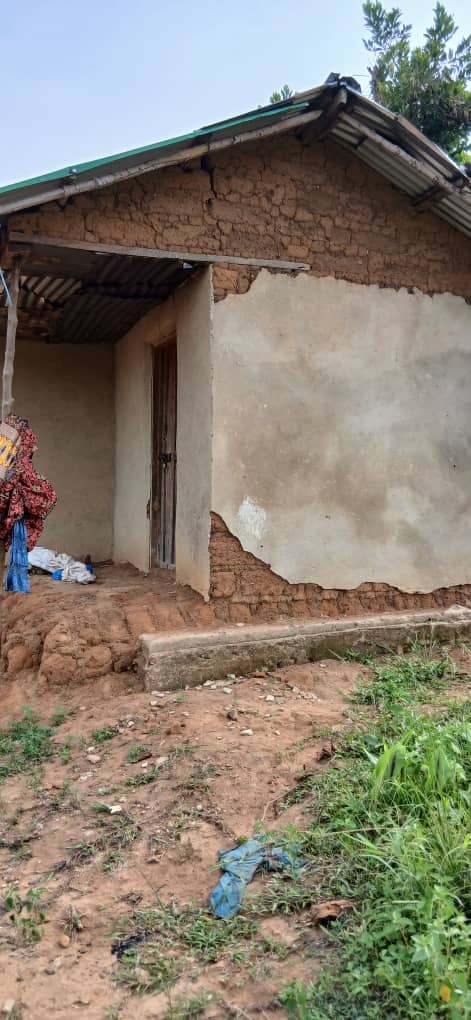
Pujehun District. Photo by Brima Sannoh, ManoReporters, 25th April, 2025.
Sierra Leone’s painful legacy of civil war still lingers. The Truth and Reconciliation Commission (TRC) report of 2004 recognised the immense suffering of children during the conflict, and called for a robust system of child protection. In response, the Child Rights Act was enacted in 2007. Yet nearly two decades on, the promises of that law still feel out of reach for many.
In communities like Falaba and Yoni, the issue isn’t just about law enforcement, it’s about giving every child the chance to reach their full potential. For Augusta Sheriff and mothers like her, that promise remains heartbreakingly distant.
This story was produced with support from the African Transitional Justice Legacy Fund (ATJLF), through the Media Reform Coordinating Group (MRCG), under the project “Engaging Media and Communities to Change the Narrative on Transitional Justice Issues in Sierra Leone.


